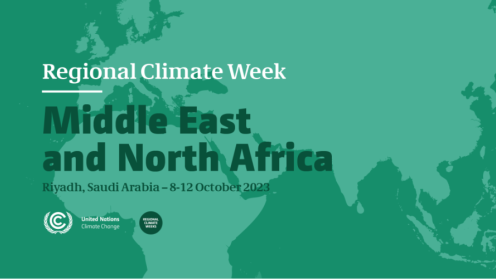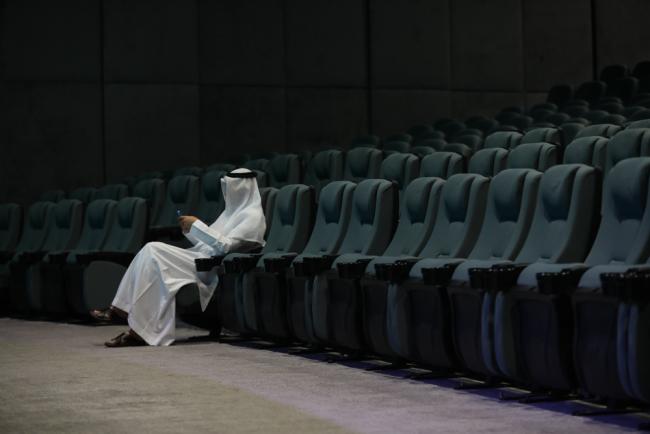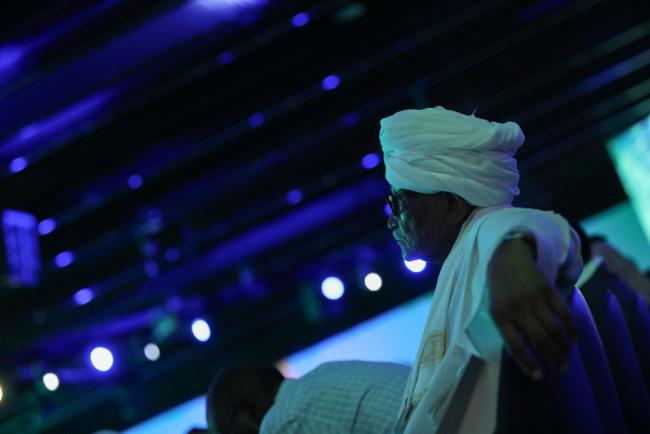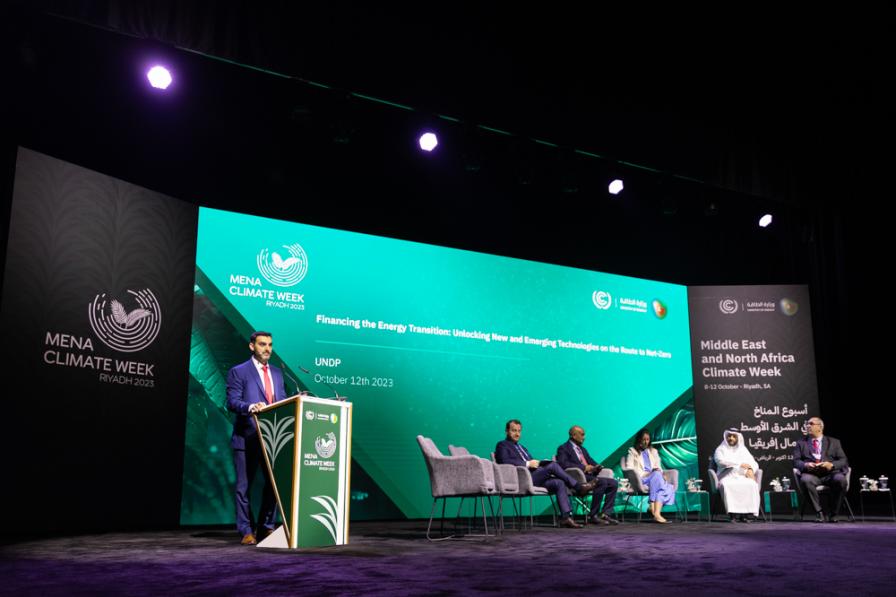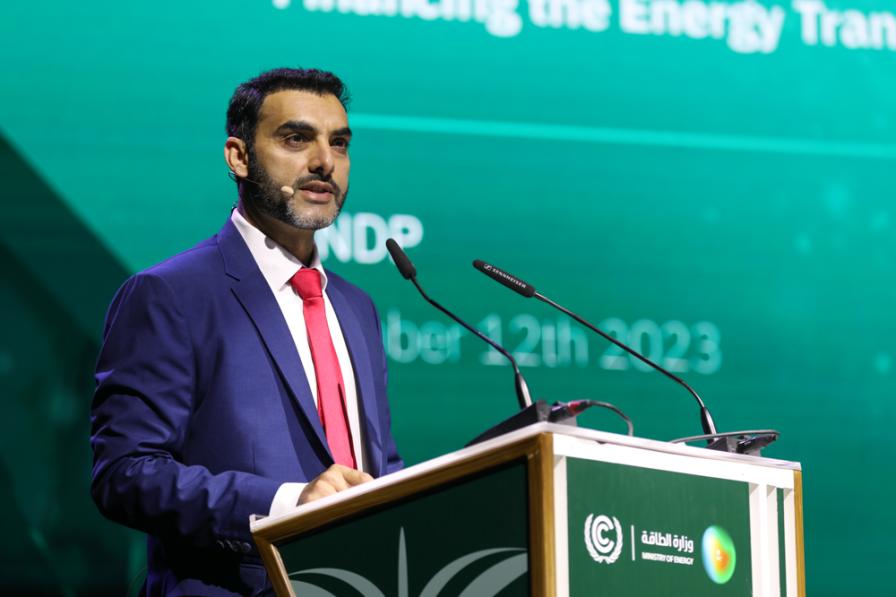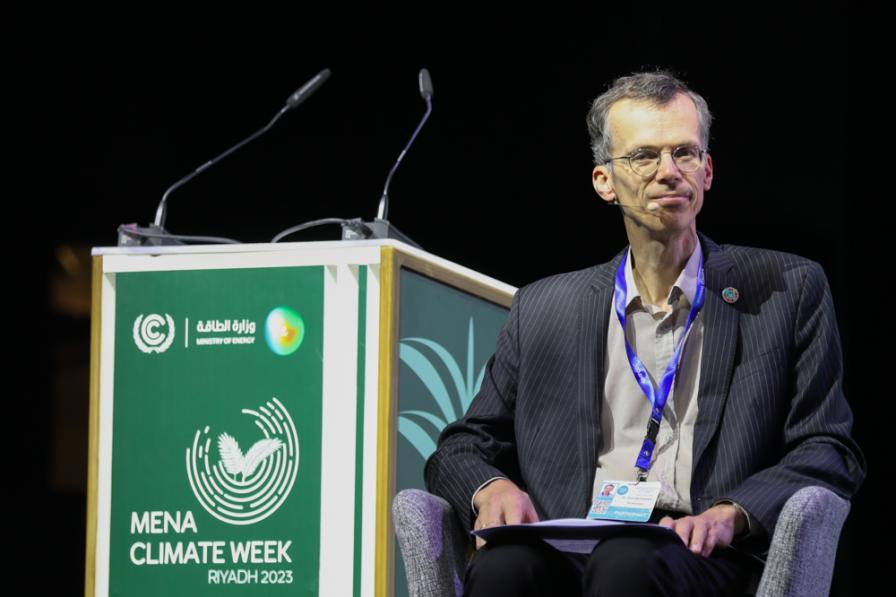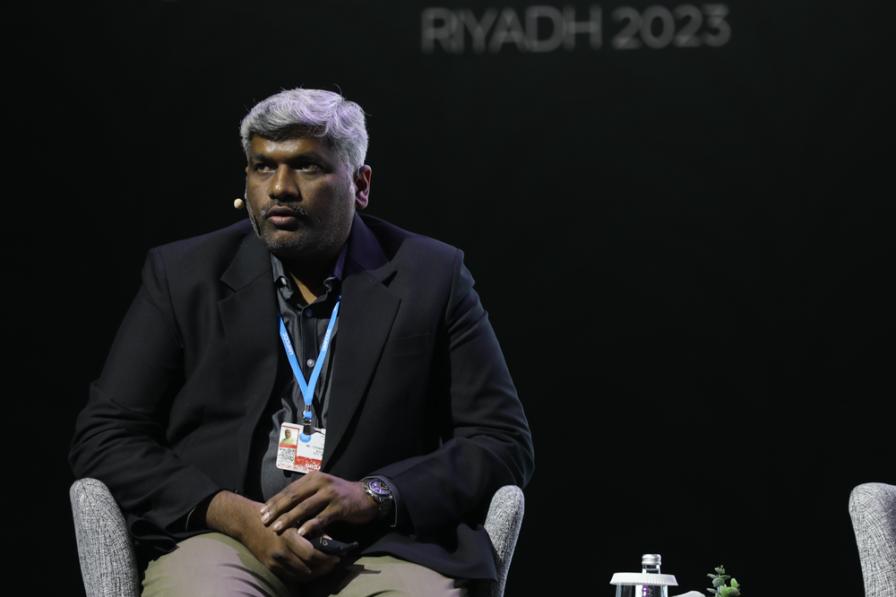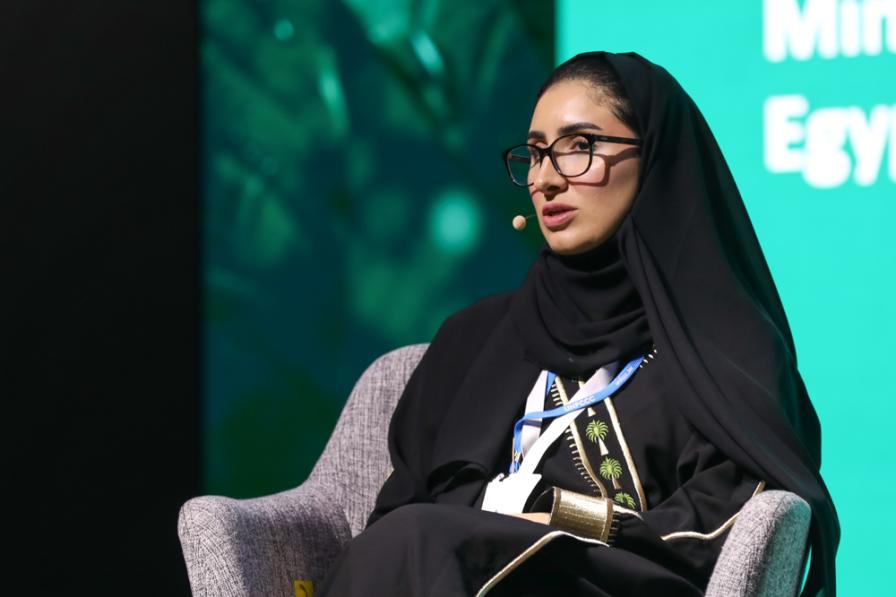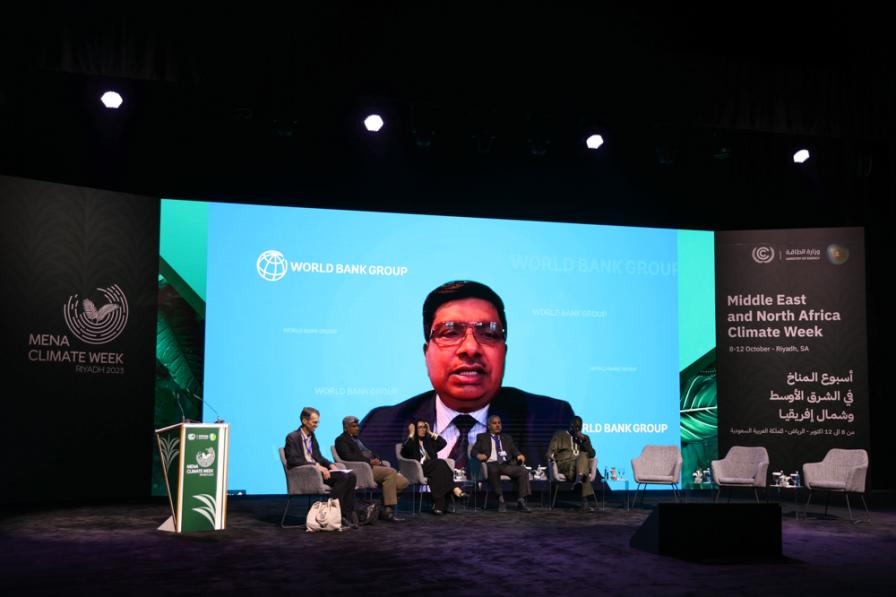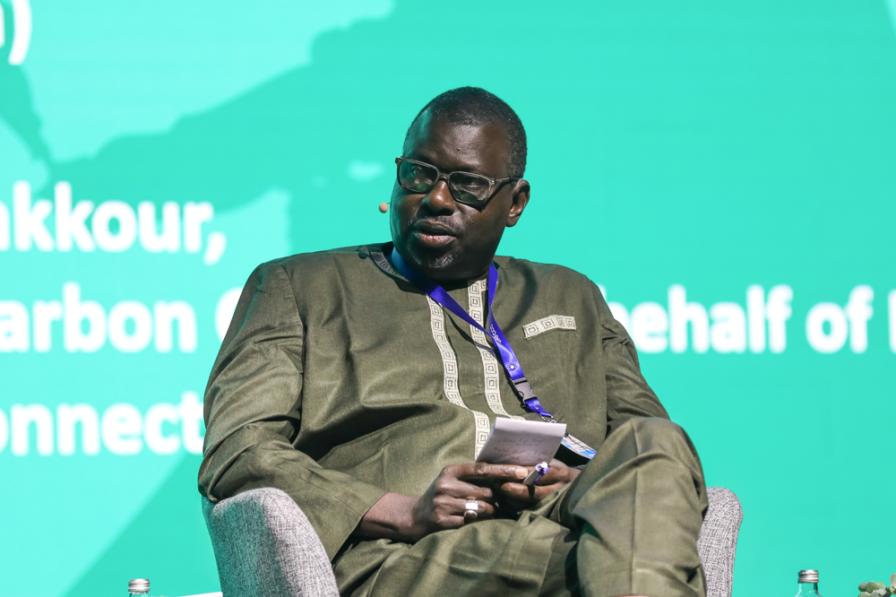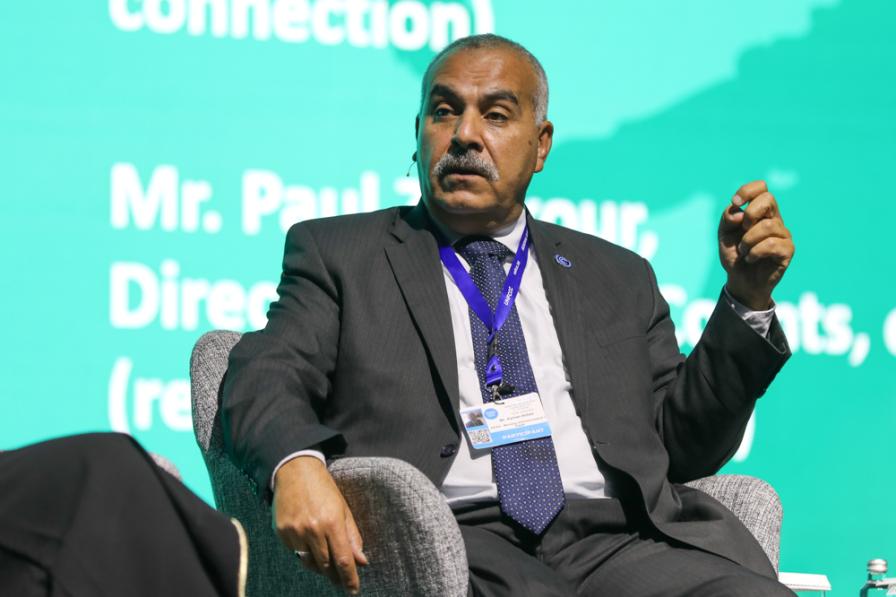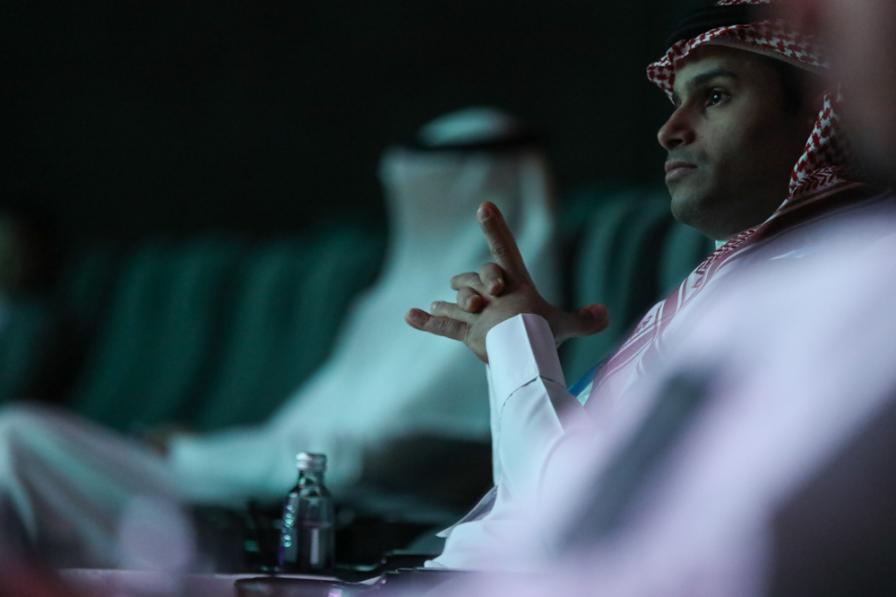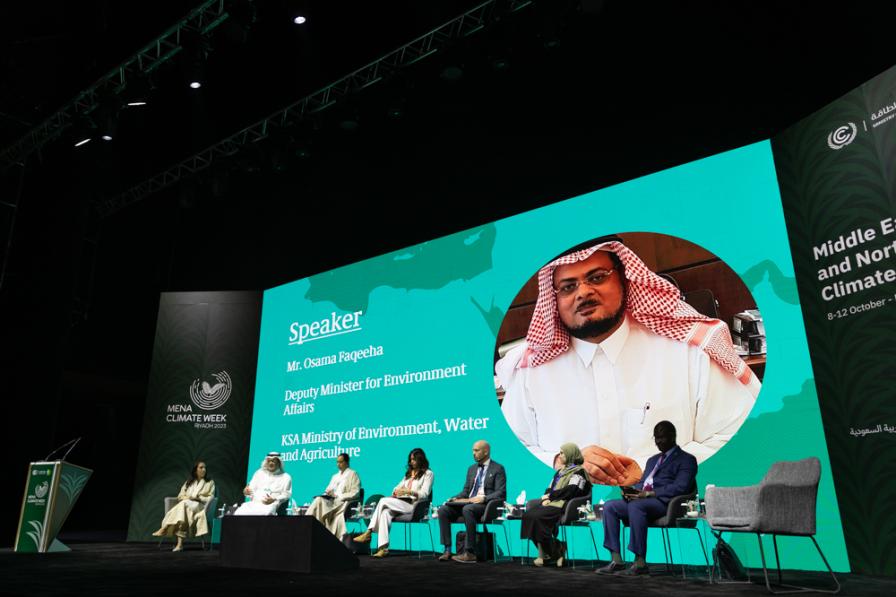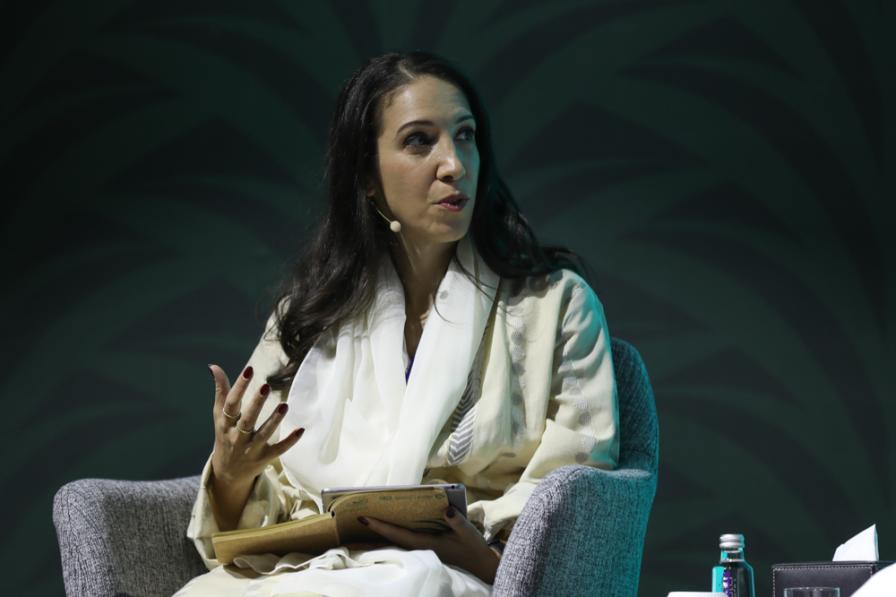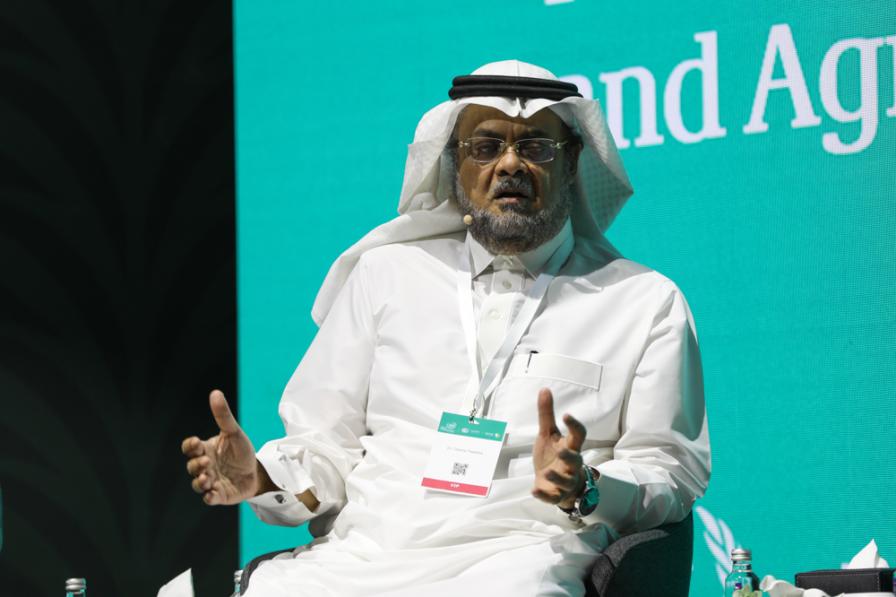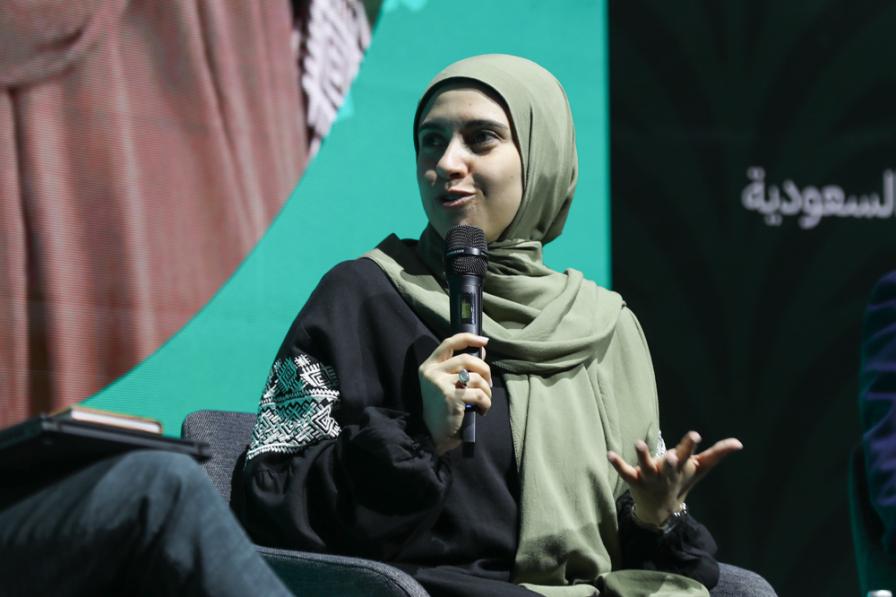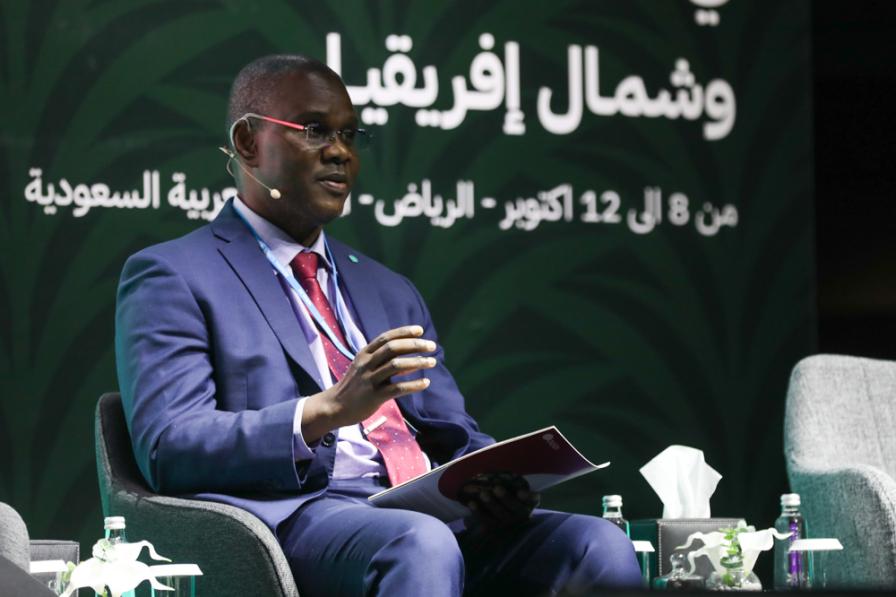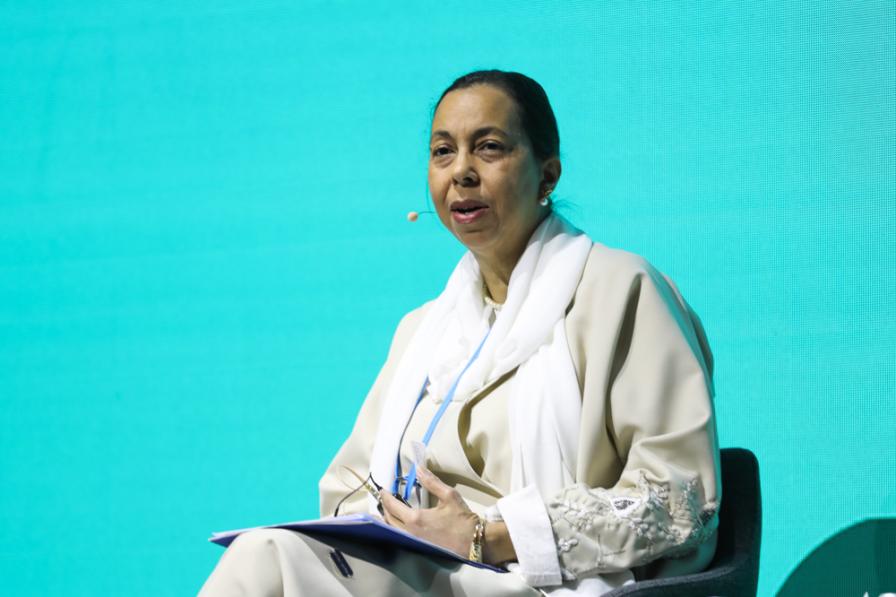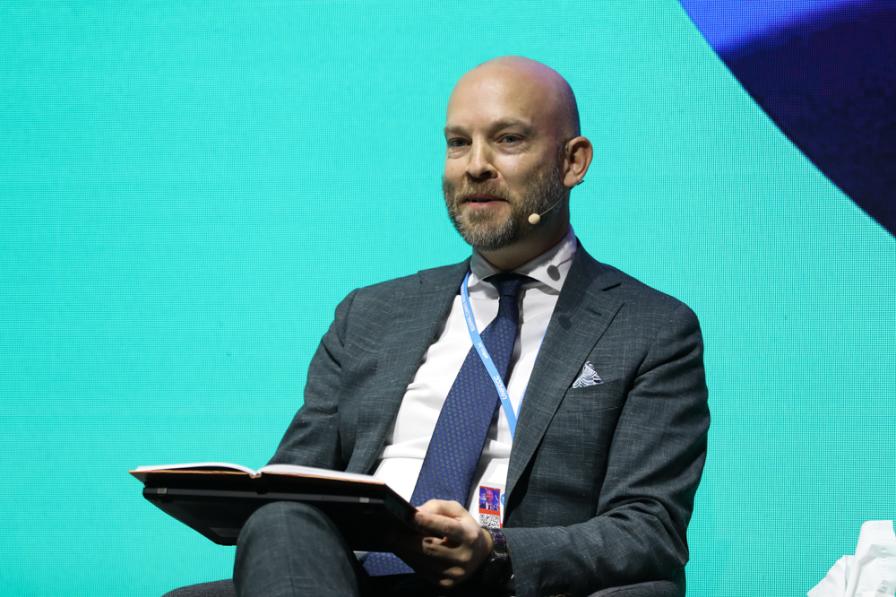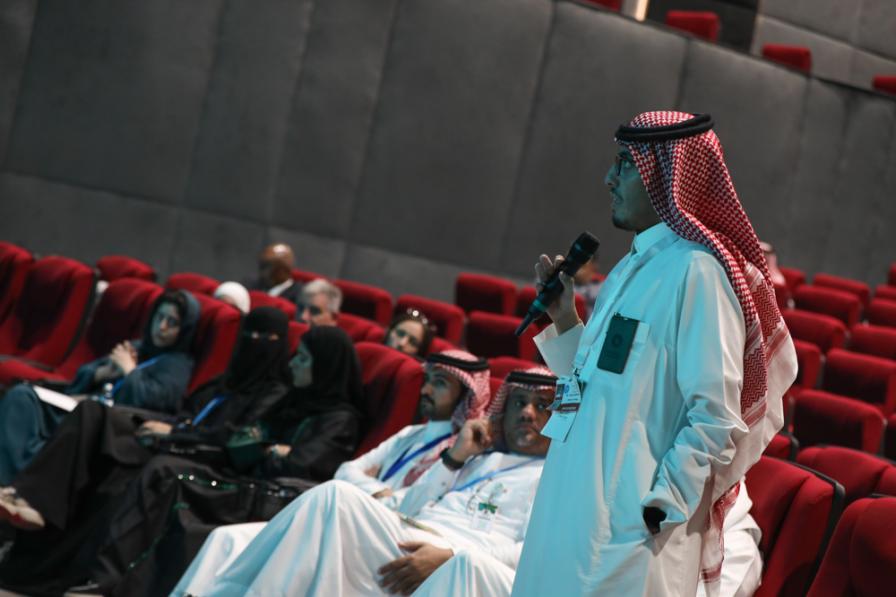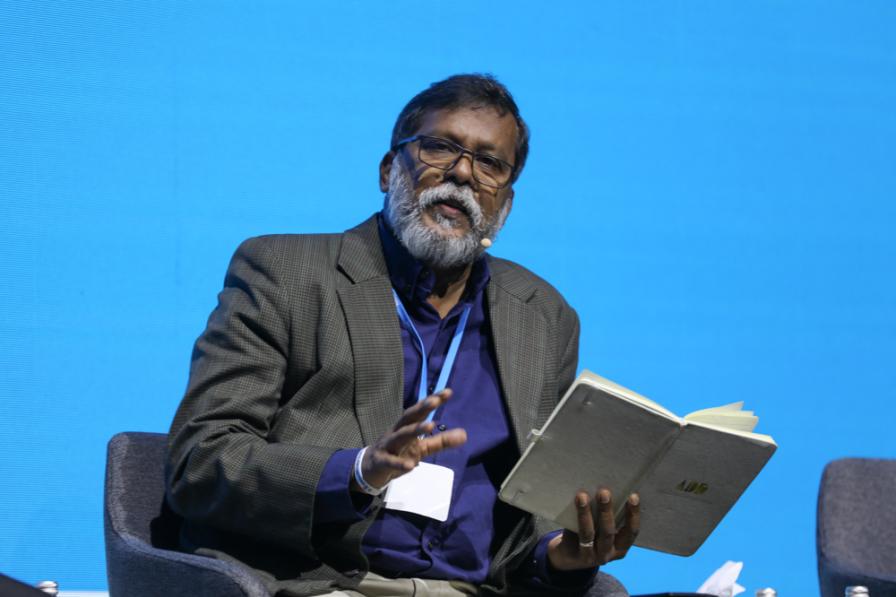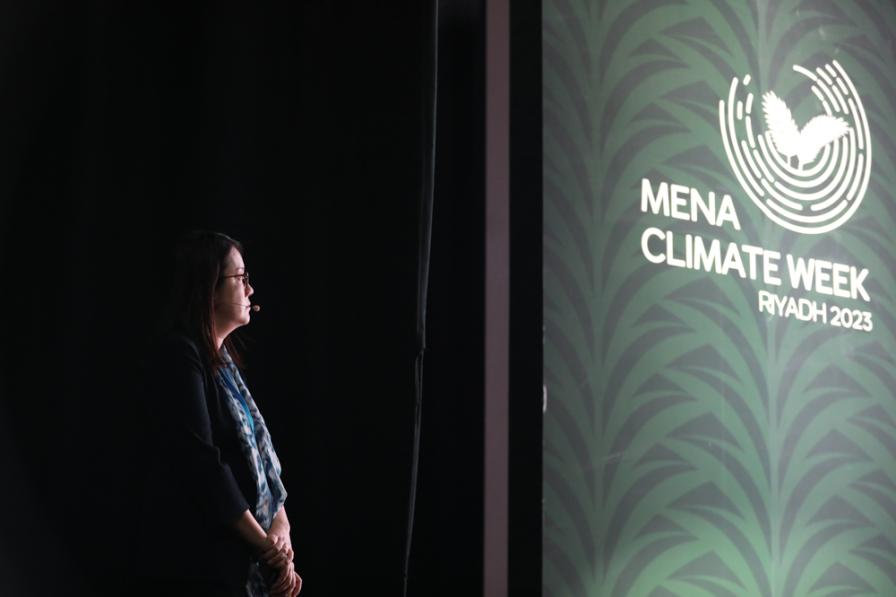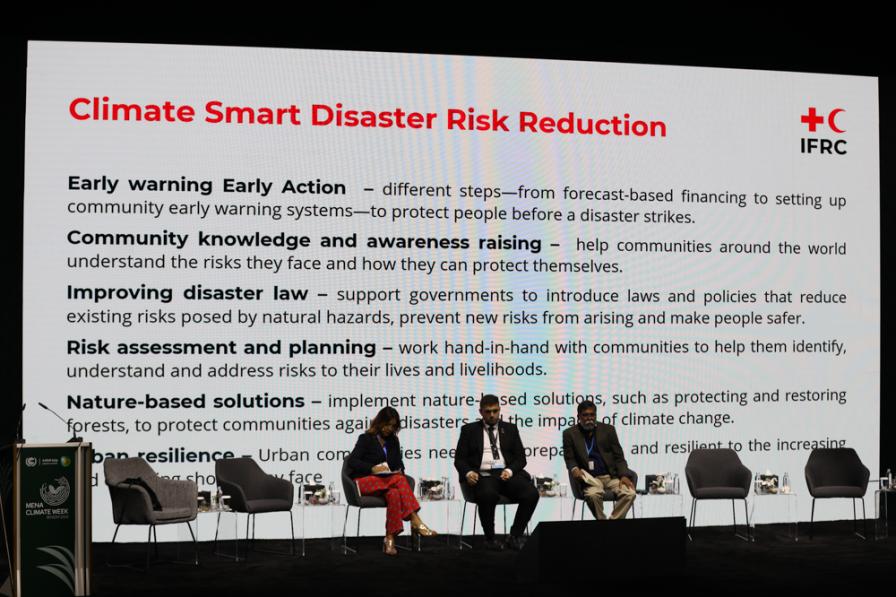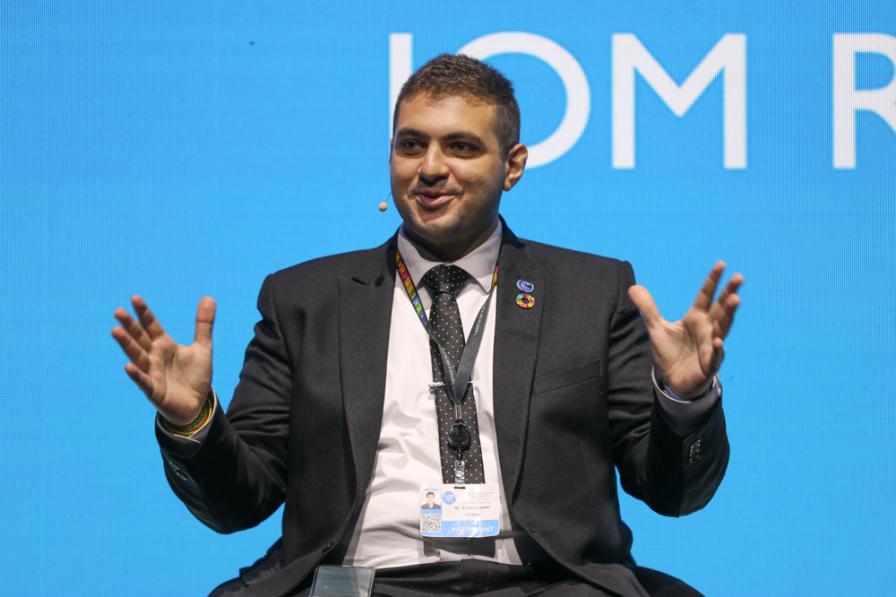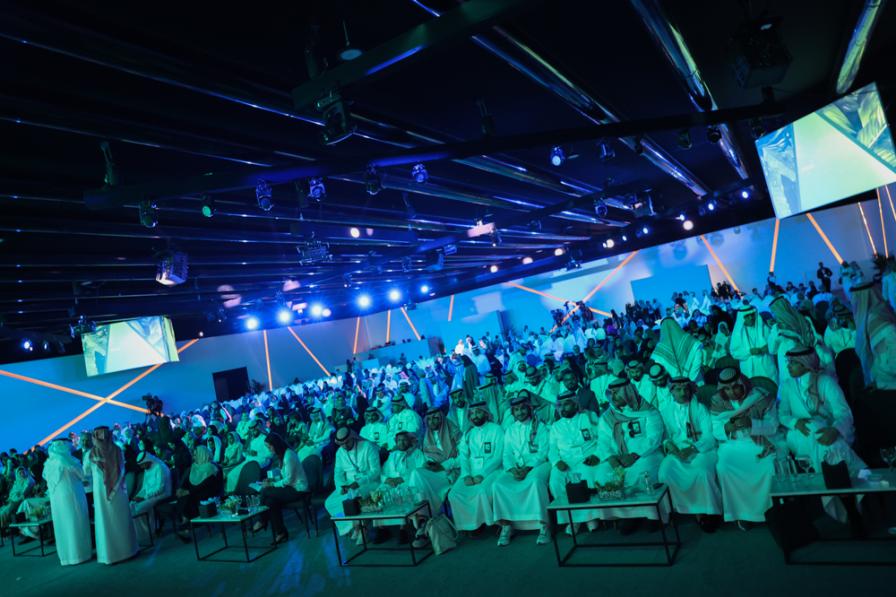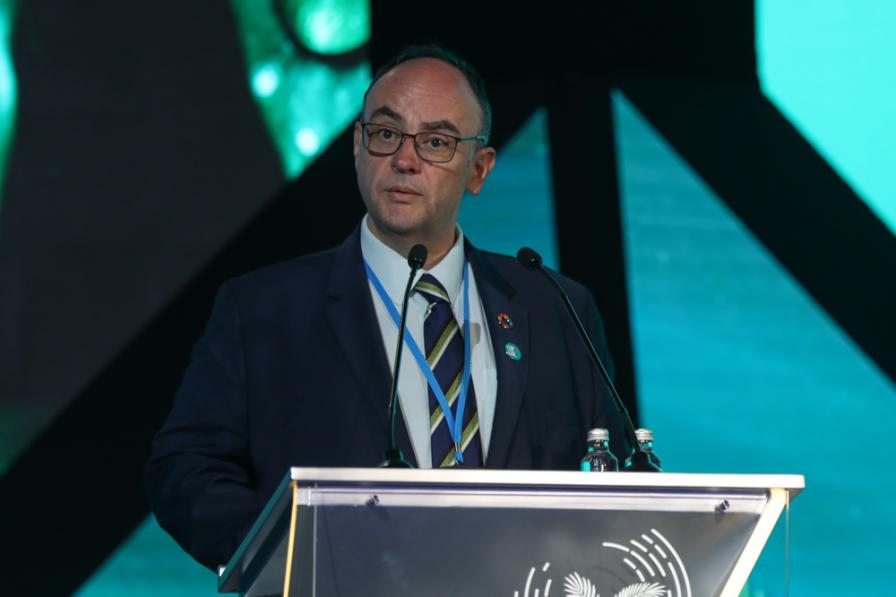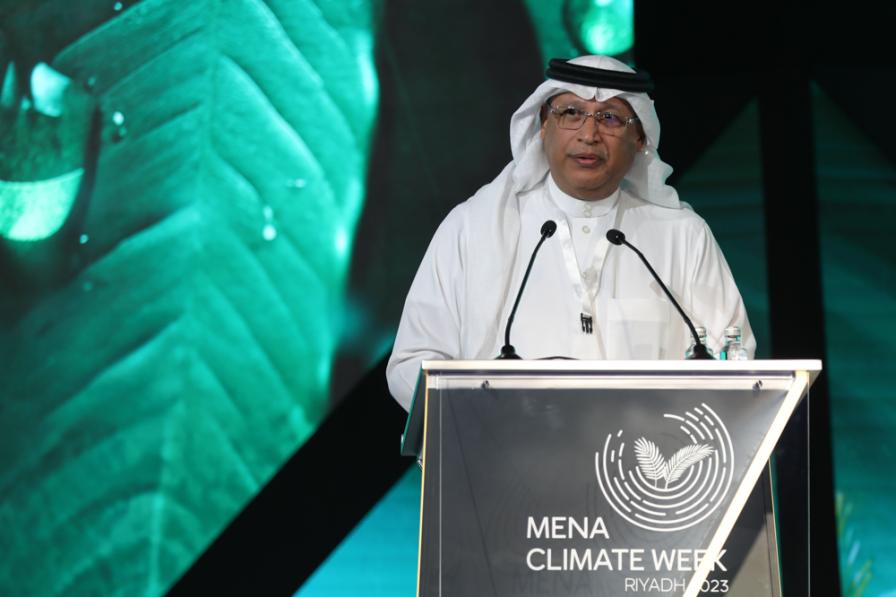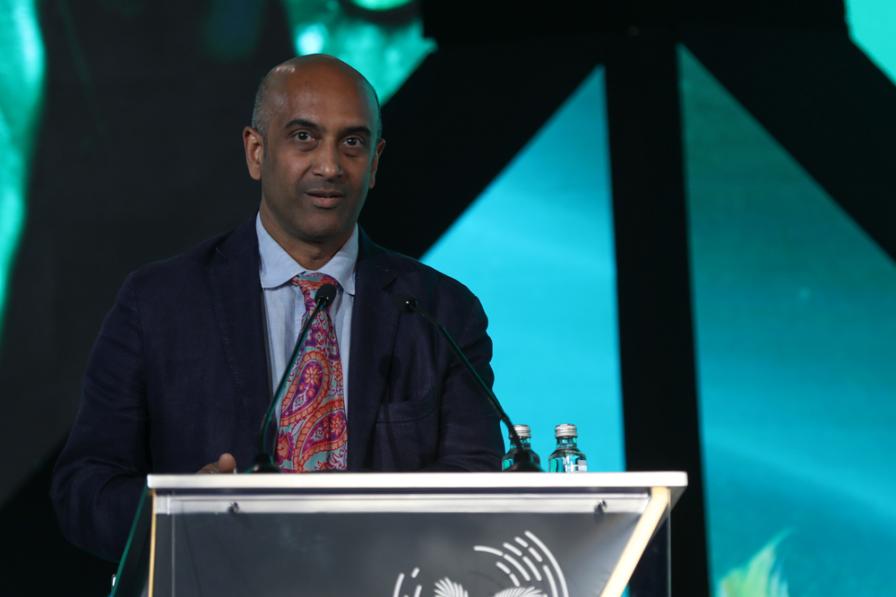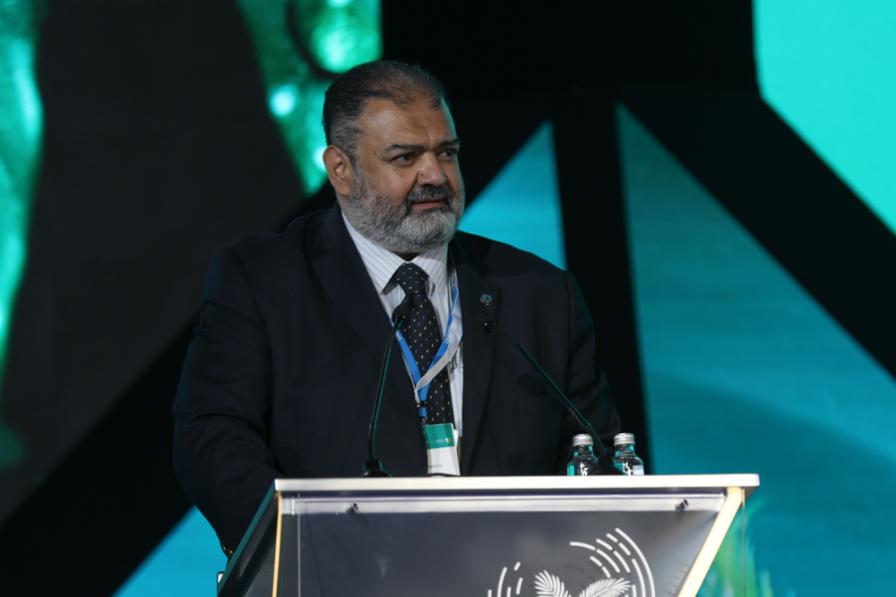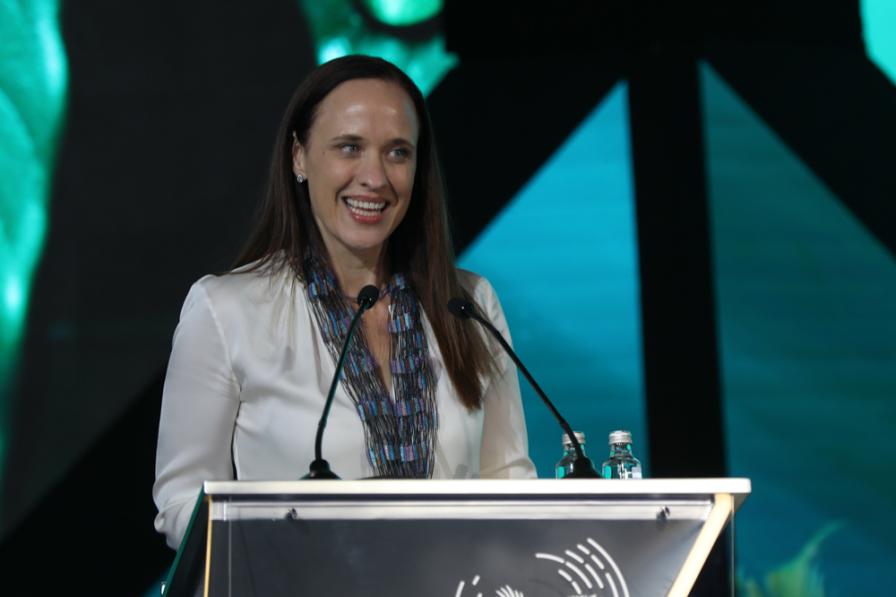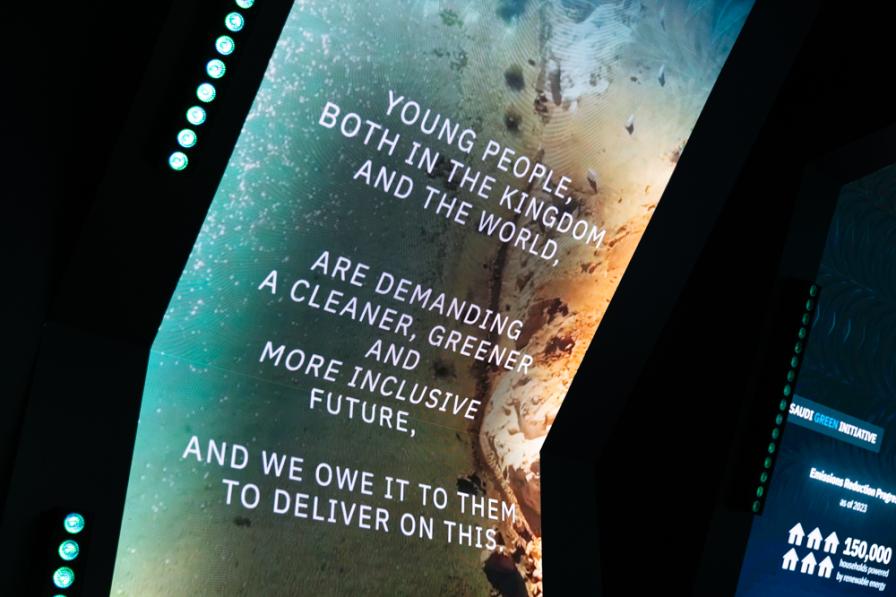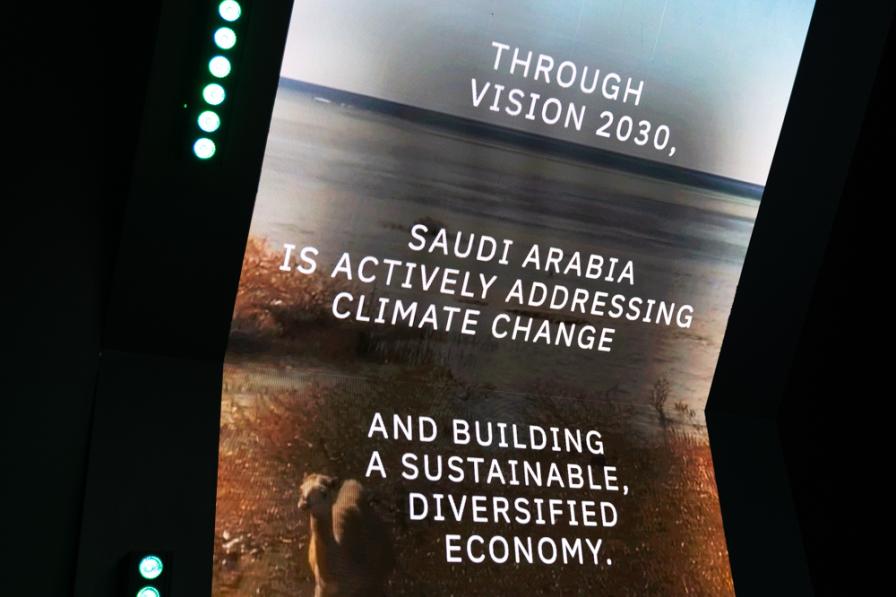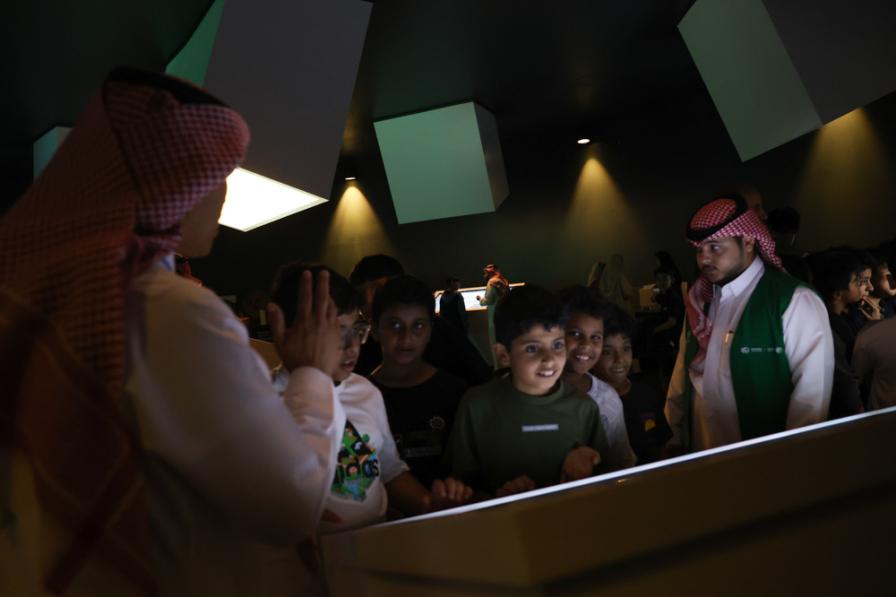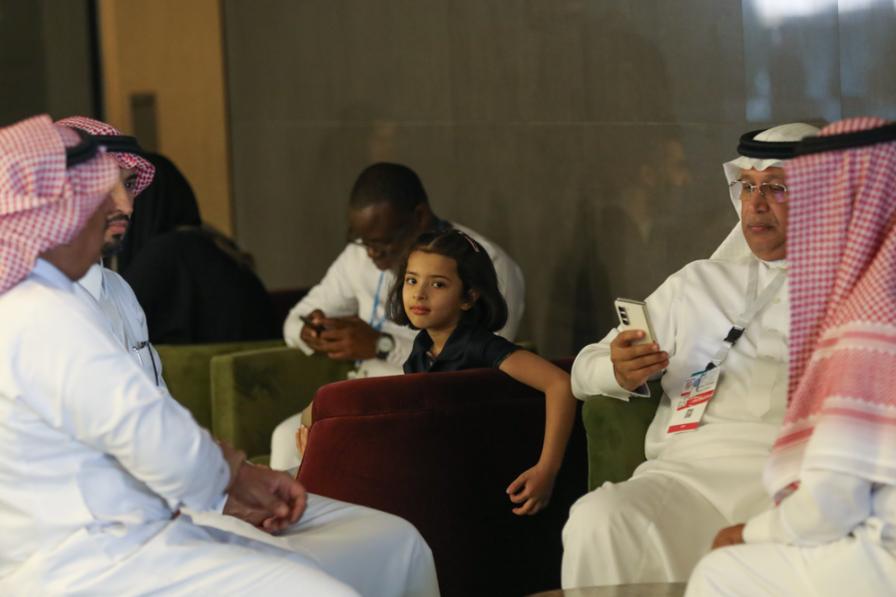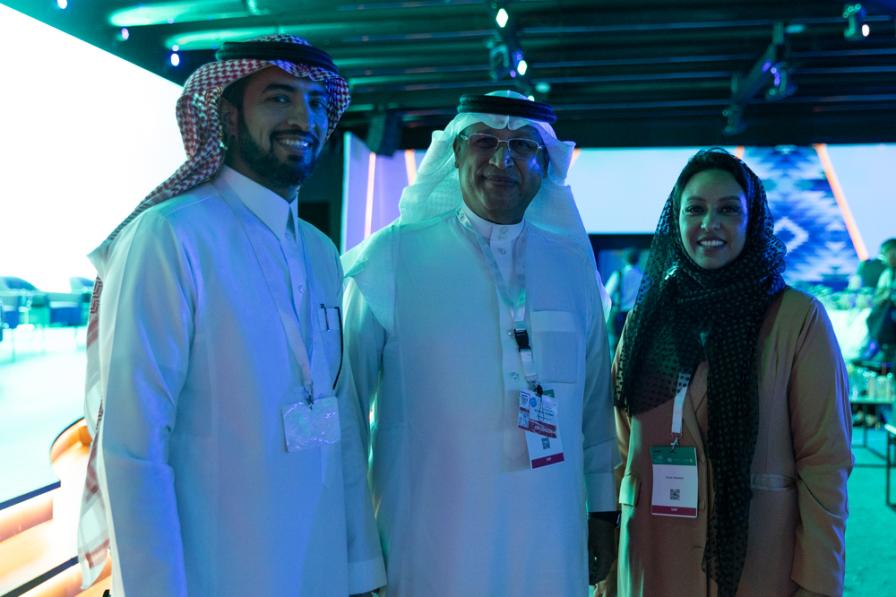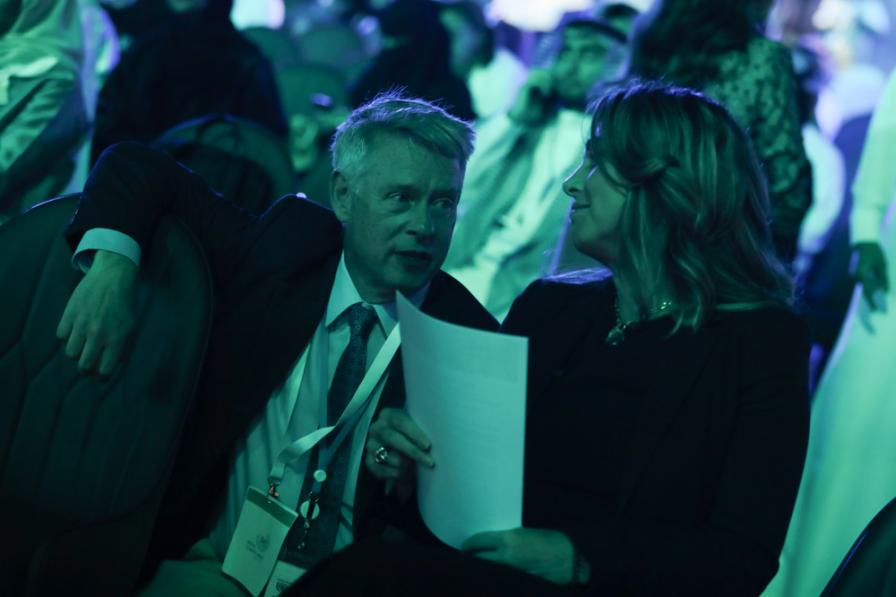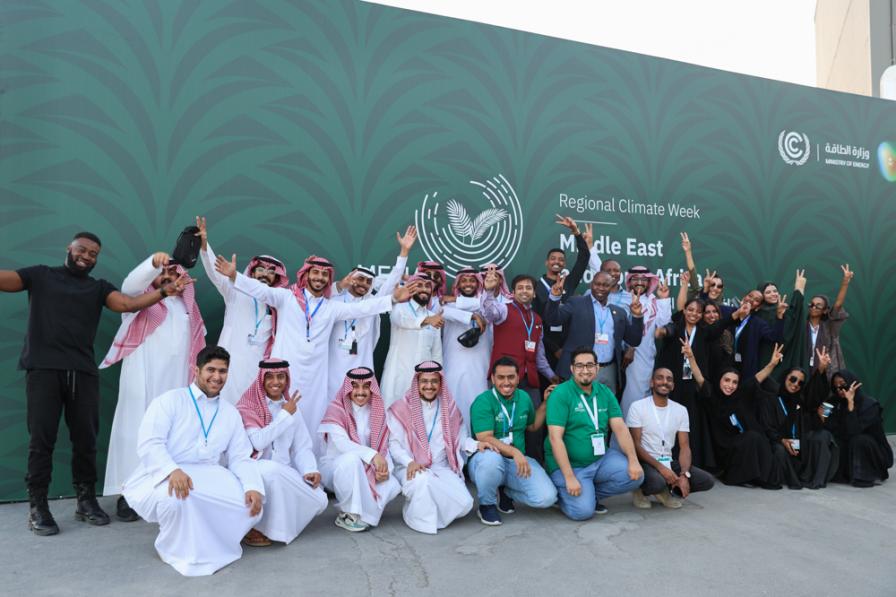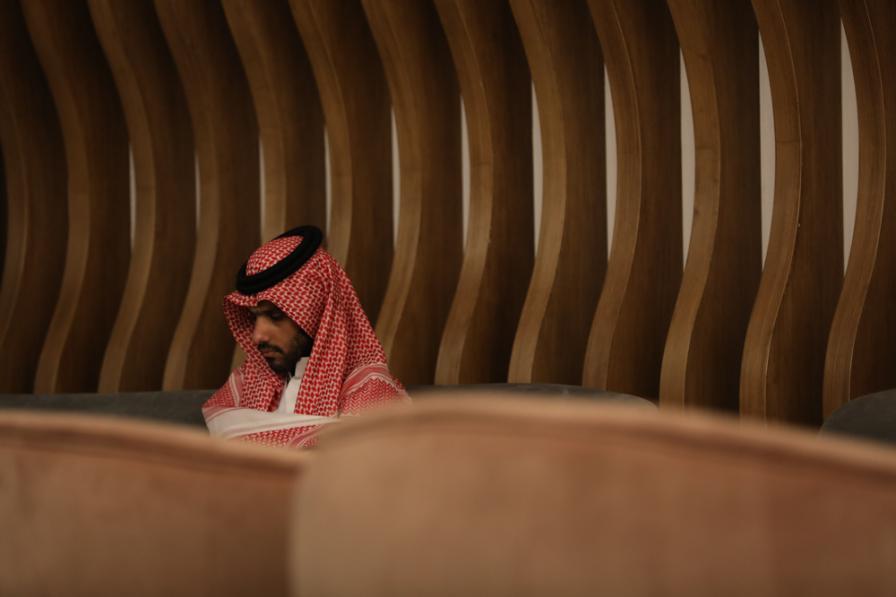The next time you are in the Middle East and North Africa (MENA) region, and you get out of your car in the heat of the day to enter a building, linger for a while outside to imagine what it is like for migrant workers who have 14-hour days in the sun. This was a reflection that Michael Kandarakis of the International Labour Organization encouraged participants to think about on the final day of MENA Climate Week 2023. The conference drew to a close with parallel sessions of three of the four thematic tracks of the conference, other affiliated events and interactive Action Hub events, and an afternoon closing session.
Two events under thematic track 1 on “Energy Systems and Industry” took place in the morning. In an event on unlocking new and emerging technologies to finance the energy transition, participants shared lessons learned, success factors, and key barriers experienced by public and private sector actors in the fields of energy and climate finance, to enable the development of best practices around finance for clean energy transitions. In a second event on the potential of carbon markets for emissions reductions to support the transition to net-zero, participants discussed issues in development of carbon markets to accelerate to achieve low-carbon development.
A morning event under theme 3 on “Land, Ocean, Food, and Water” addressed the value of cross-sectoral, cross-country, regional, and institutional collaboration to address key challenges and leverage opportunities to scale-up adaptation and resilience across common resources.
In the afternoon, a session under thematic track 4 on “Societies, Health, Livelihoods, and Economies,” participants reflected on the health impacts of climate change on the most vulnerable segments of society, with a specific focus on migrants in the MENA region. William Gois, Migrant Forum in Asia, stressed that over half of the region’s population are migrant workers. He said that migration is a climate adaptation strategy for many people, urging participants to consider the mental health of workers travelling far from their homes.
The final day of the conference also saw side events on expanding wastewater reuse in MENA, urban ecosystem-based adaptation, and integrated desert farming systems for climate resilience in the region. Interactive Action Hubs presented successful experiences in waste recycling and investment and discussed providing one million green jobs in the MENA region by 2030.
In the final afternoon plenary, an overview of the discussions emerging from the thematic tracks were summarized.
In closing, Khalid Almehaid, Chief Climate Negotiator, Saudi Arabia, thanked the UNFCCC Secretariat and all participants for their rich contributions during the week. He stated key messages to carry to COP 28: calling for unity and inclusion across all sectors, leaving no one behind; saying that the science is clear on greenhouse gas emissions reduction, abatement, and removal and that “hydrocarbons will remain in the energy mix for decades to come”; stressing the need for a just and equitable transition, taking into account regional priorities and the circumstances of all regions; and underscoring that mitigation and adaptation must go together to ensure protection of the most vulnerable populations to climate change. He said finance and investment are key enablers in achieving the goals of the Paris Agreement, requiring flexible financial tools for the private sector.
Almehaid adjourned the meeting at 4:34pm.
To receive free coverage of global environmental events delivered to your inbox, subscribe to the ENB Update newsletter.
All ENB photos are free to use with attribution. For the MENA Climate Week 2023, please use: Photo by IISD/ENB | Kiara Worth.
Track 1: Energy Systems and Industry
Track 4: Societies, Health, Livelihoods, and Economies
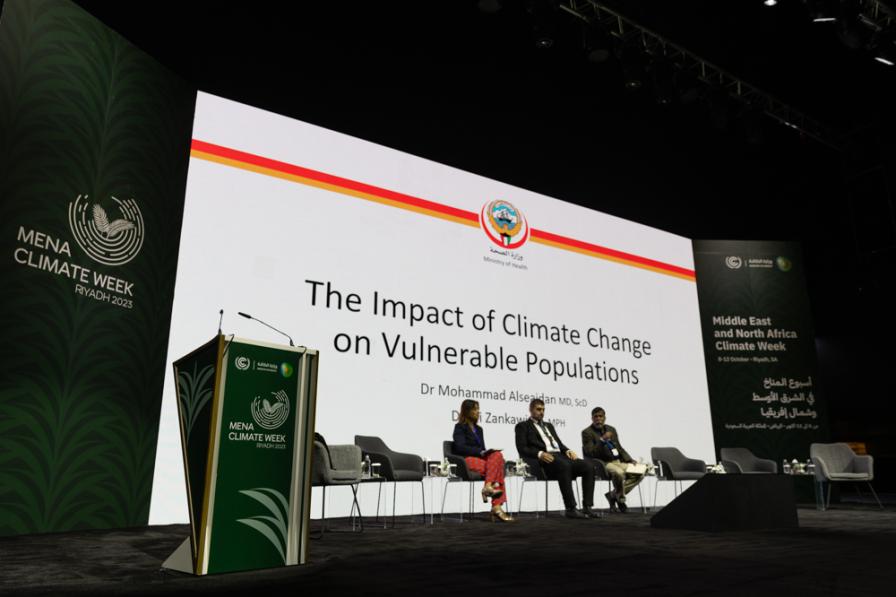
Panelists in track 4 discussed how to address the health impacts of climate change on vulnerable segments of society, with particular focus on migrants and other mobile populations in MENA.
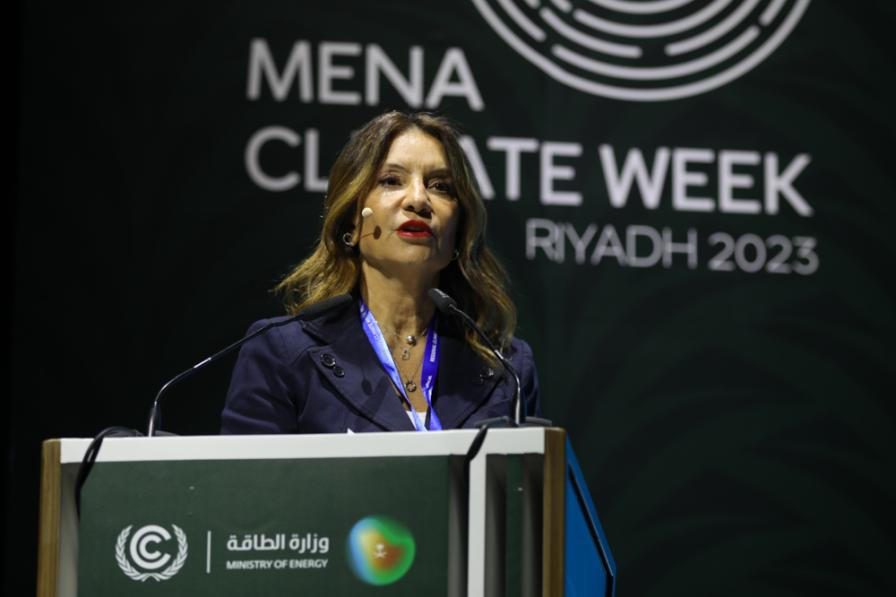
Michela Martini, Senior Regional Migration Health Specialist, International Organization for Migration (IOM)
